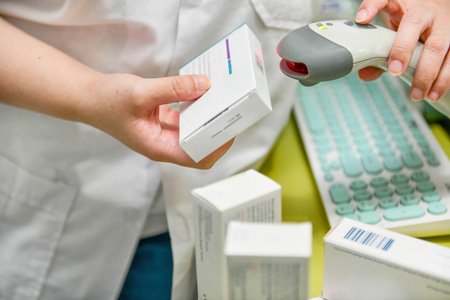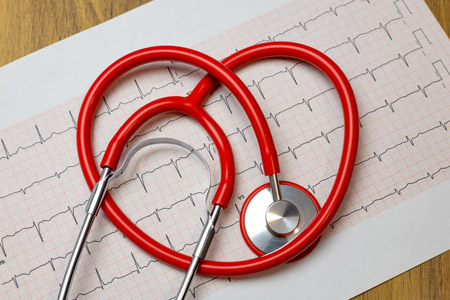


Frequently Asked Questions About GLP-1 Agonists
GLP-1 medications, also known as glucagon-like peptide-1 receptor agonists, have become increasingly popular in the management of type 2 diabetes. These medications offer a unique approach to blood sugar control by mimicking the action of a natural hormone called glucagon-like peptide-1. However, despite their growing popularity, many people still have questions about GLP-1 drugs and how they fit into their diabetes or weight management plans. In this blog, we'll address some of the most commonly asked questions about GLP-1s, providing clarity and insight into these valuable medications.
- What are GLP-1s, and how do they work? GLP-1 medications are a class of medications used to treat type 2 diabetes and manage weight loss. They work by stimulating insulin secretion from the pancreas, inhibiting the release of glucagon (a hormone that raises blood sugar levels), and slowing down gastric emptying. These actions help lower blood sugar levels, promote weight loss, and reduce the risk of cardiovascular complications in people with diabetes and patients looking for weight management tools.
- How are GLP-1s administered? GLP-1 drugs are available in various forms of injectable, including injectable pens and pre-filled syringes. Some medications are administered once daily, while others are taken once weekly. Additionally, there is an oral formulation of GLP-1 that can be taken by mouth.
- Are GLP-1 medications suitable for everyone with type 2 diabetes? While GLP-1s are effective for many people with type 2 diabetes, they may not be suitable for everyone. Your healthcare provider will consider factors such as your medical history, current medications, and treatment goals before recommending GLP-1 therapy. People with a history of pancreatitis or thyroid cancer may not be candidates for GLP-1 drugs.
- What are the potential side effects of GLP-1 drugs? Common side effects of GLP-1 drugs include nausea, vomiting, diarrhea, and constipation. These side effects are typically mild and improve over time as your body adjusts to the medication. In some cases, GLP-1 drugs may also cause hypoglycemia (low blood sugar), especially when combined with other diabetes medications.
- Can GLP-1 drugs help with weight loss? Yes, GLP-1 drugs are associated with weight loss in many people with type 2 diabetes. These medications slow down gastric emptying, promote feelings of fullness, and may reduce appetite, leading to gradual weight loss over time. However, individual responses to GLP-1 therapy may vary, and not everyone will experience significant weight loss.
- How quickly do GLP-1 drugs start working? GLP-1 drugs typically start to exert their effects within the first few days to weeks of treatment. Many people experience improvements in blood sugar control and may notice a reduction in post-meal glucose spikes relatively quickly after starting treatment. However, it may take several weeks to months to achieve optimal results with GLP-1 treatment.
- Are GLP-1 drugs expensive? The cost of GLP-1 drugs can vary depending on factors such as your insurance coverage, the specific medication prescribed, and any available discounts or assistance programs. Some people may find that GLP-1 drugs are more expensive than other diabetes medications, but they may be eligible for financial assistance through patient assistance programs or manufacturer coupons.
- Can GLP-1 drugs be used in combination with other diabetes medications? Yes, GLP-1 drugs are often used in combination with other diabetes medications, such as metformin or insulin. Combining therapies can enhance their effectiveness and may be particularly beneficial for individuals who require additional blood sugar control beyond what can be achieved with one medication alone.
The information on this site is for informational purposes only and should not replace direct medical advice, diagnosis, or treatment from your doctor or another qualified healthcare provider.
Sources:
“GLP-1 Agonists.” The Cleveland Clinic.
“GLP-1 agonists: Diabetes drugs and weight loss.” The Mayo Clinic.


.jpg)
.jpg)
.jpg)


















.jpg)





















.jpg)

















.jpg)


























.jpg)
.jpg)
.jpg)









